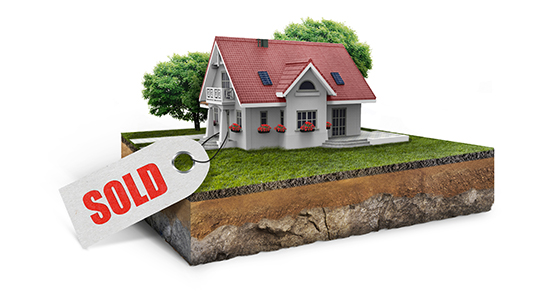The housing market in many parts of the country is strong this spring and summer. If you’re buying or selling a home, you should know how to determine your home’s basis.
How it works
You can claim an itemized deduction on your tax return for real estate taxes and home mortgage interest. Most other home ownership costs can’t be deducted currently. However, these costs may increase your home’s “basis” (your cost for tax purposes). And a higher basis can save taxes when you sell.
The law allows an exclusion from income for all or part of the gain realized on the sale of your home. The general exclusion limit is $250,000 ($500,000 for married taxpayers). You may feel the exclusion amount makes keeping track of the basis relatively unimportant. Many homes today sell for less than $500,000. However, that reasoning doesn’t take into account what may happen in the future. If history is any indication, a home that’s owned for 20 or 30 years appreciates greatly. Thus, you want your basis to be as high as possible in order to avoid or reduce the tax that may result when you eventually sell.
Good recordkeeping
To prove the amount of your basis, keep accurate records of your purchase price, closing costs, and other expenses that increase your basis. Save receipts and other records for improvements and additions you make to the home. When you eventually sell, your basis will establish the amount of your gain. Keep the supporting documentation for at least three years after you file your return for the sale year.
Start with the purchase price
The main element in your home’s basis is the purchase price. This includes your down payment and any debt, such as a mortgage. It also includes certain settlement or closing costs. If you had your house built on land you own, your basis is the cost of the land plus certain costs to complete the house.
You add to the cost of your home any expenses that you paid in connection with the purchase, including attorney’s fees, abstract fees, owner’s title insurance, recording fees and transfer taxes. The basis of your home is affected by expenses after a casualty to restore damaged property and depreciation if you used your home for business or rental purposes.
Over time, you may make additions and improvements to your home. Add the cost of these improvements to your basis. Improvements that add to your home’s basis include:
- A room addition,
- Finishing the basement,
- A fence,
- Storm windows or doors,
- A new heating or central air conditioning system,
- Flooring,
- A new roof, and
- Driveway paving.
Home expenses that don’t add much to the value or the property’s life are considered repairs, not improvements. Therefore, you can’t add them to the property’s basis. Repairs include painting, fixing gutters, repairing leaks, and replacing broken windows. However, an entire job is considered an improvement if items that would otherwise be considered repairs are done as part of extensive remodeling.
The cost of appliances purchased for your home generally don’t add to your basis unless they are considered attached to the house. Thus, the cost of a built-in oven or range would increase basis. But an appliance that can be easily removed wouldn’t.
Plan for best results
Other rules and requirements may apply. We can help you plan for the best tax results involving your home’s basis.





